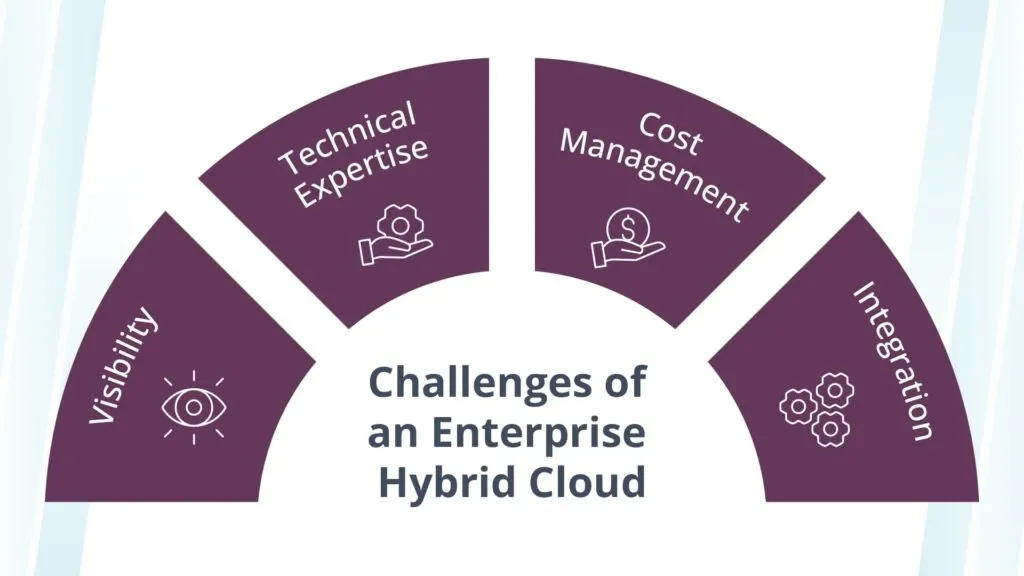A scaleup and a startup are two different kinds of businesses. A scaleup has already established its product in the market and is working to accelerate expansion, whereas a startup is still in the early phases of finding the appropriate customers and raising capital. Therefore, how can the startup and scaleup phases be reconciled? We've outlined five strategies to help you scale up your startup company and get it ready for profitable expansion.
Determine the Product-Market Fit
solution-market fit, to put it briefly, is when your solution fulfills the demands of your ideal client and outperforms their competing offerings. Establishing a baseline for your key business metrics, perfecting your customer personas, creating your genuine value proposition, and completing your product or service offering are all ways to experiment with this fit if you're still in startup stage. A business that is in scaleup mode has perfected all of this to the point where they can comfortably carry out all of this on a wider scale without giving up their present niche in order to grow.
Read also: Enterprise Collaboration Software For Remote Teams
Obtain Capital and Create a Consistent Revenue Source
Startups are typically characterized as being financially strapped and cash deprived. In the SaaS sector, a firm is either in its early stages (Seed round or Series A) or has not yet secured any outside investment. Startups rely almost exclusively on outside investment, whether it comes from a bank or a venture capital company, because they are still developing a strong product-market fit and a consistent income stream.
However, scaleups have begun to create their own income streams and have advanced to subsequent rounds of venture capital investment (Series B and beyond). Scaleups can go to a larger operation knowing their anticipated return on this increased investment after product-market fit has been proven and they have sufficient resources.
Clearly Define the Hierarchy and Roles
Startups are initially unable to pay for a full workforce, thus their tiny crew is compelled to do a variety of tasks rather than concentrating on one. It's time to start moving away from this strategy when your firm starts to make more money and hire more staff. Each worker must be totally committed to one task and only one job if you wish to scale successfully. If team members are still juggling numerous roles, it will be confusing and unproductive and will only hinder your progress. Now is the time to separate these jobs and begin making future plans. When you can implement this modification, at the very least, write out how it will seem.
However, the present leadership team or the founders can only manage so many employees until it takes over their whole work. Consider a general organizational structure and other tiers of management as you begin organizing the transition to designated jobs. Given that many contemporary firms promote a "flat" organization—one that does not function with several levels of leadership—this endeavor may seem daunting. Nonetheless, in order to streamline daily operations and decision-making, we have appointed team heads in each of our divisions here at New Breed. In order to prevent expansion from being slowed down by a leadership team that must evaluate every decision before proceeding, an effective scaleup requires some form of management structure.
Read also: Benefits Of Enterprise Artificial Intelligence Adoption
Create a Tech Stack
Startups can begin investing in additional technology to support growth and monitor their success as they get more capital and revenue. If you fail to keep an eye on your key business indicators and monitor your marketing funnel as your firm moves into scaleup mode, you stand to lose more. As a result, you want a unified technology stack that can rapidly and simply identify your company's weak points.
Determining their minimal viable tech stack and just buying the platforms they actually need to expand is a rising approach for businesses. This comprises a CRM program, a platform for marketing automation, a marketing analytics tool, and a sales analytics tool at New Breed. Instead of squandering time and money analyzing and buying every product that is advertised as helping you expand, spend some time to consider what will help you build your business from the ground up.
Get the Essential Guide to Demand Generation by downloading it.
Install Replicable or Automated Systems
Finally, you must automate as much as possible to make the whole transition from startup to scaleup. Employees cannot be weighed down by monotonous work if you want them to be fully committed to accelerating your growth.
The headache of implementing email nurturing programs, transferring leads to sales, planning social media postings across several accounts, and refining your marketing materials may be eliminated by using your marketing automation software.
You may pay your bills on time and worry-free by setting up automated withdrawals.
To ensure that your employees are paid on time, automate your payroll procedure.
Any additional internal procedures should be documented and kept (digitally) in a readily accessible location so that they may be replicated throughout the whole organization and that new recruits are fully prepared for their first tasks.
Speaking about new personnel, your onboarding program is one of the most crucial procedures to be able to duplicate. Startups may find it challenging to invest a significant amount of time in training new employees, whereas scaleups have the time and resources to ensure that every new recruit is prepared for success. Additionally, as a scaleup, you want each new hire to be ready to contribute and support your development right away.







.webp)


